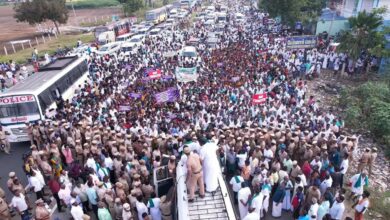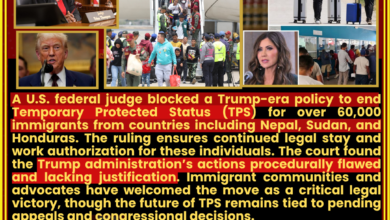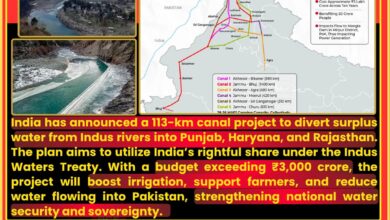
In a decisive move that could mark a turning point in one of India’s most high-profile corruption cases, the Indian government has formally sent a request to the United States, seeking critical information related to the Rs 64 crore Bofors case. This request comes as part of an ongoing effort to uncover new evidence and clarify the financial irregularities surrounding the infamous Bofors arms deal—a scandal that has long been a subject of intense scrutiny and public debate in India.
Background: The Bofors Scandal Revisited
The Bofors case, which dates back several decades, involves allegations of corruption in the procurement of arms from the Swedish company Bofors. The controversy centers on a Rs 64 crore transaction that has been linked to kickbacks and financial mismanagement. Over the years, the case has seen multiple investigations and legal battles, with critics arguing that the full truth has yet to be revealed.
Historical Context: The Bofors scandal has been emblematic of alleged corruption in major defense deals in India. The case has cast a long shadow over subsequent arms procurement processes, leading to calls for greater transparency and accountability.
Ongoing Investigations: Despite numerous probes, key aspects of the deal—including the precise financial flows and decision-making processes—remain shrouded in mystery. Indian authorities believe that obtaining further information from the United States could provide the missing links necessary to complete the investigative puzzle.
The US Request: A Strategic Move
The recent formal request to the US is a significant development in the Bofors investigation. According to government sources, Indian officials are seeking data that could include financial records, communication logs, or other documentary evidence that pertains to the Rs 64 crore transaction.

Scope of the Request: The request specifically targets critical information that may help elucidate the nature of the financial transfers and the alleged kickbacks involved in the Bofors deal.
Importance of US Data: Given the global nature of defense contracts and financial transactions, it is likely that relevant documents or communications may be stored on servers or within the jurisdiction of US-based entities. Access to such data is expected to provide fresh insights into the case.
Legal and Diplomatic Channels: The request has been made through appropriate legal and diplomatic channels, underscoring the seriousness with which the Indian government is pursuing the investigation. It reflects a commitment to international cooperation in addressing complex corruption cases.
Implications for the Investigation
The potential release of crucial information from the United States could have far-reaching implications for the Bofors case:
Strengthening the Evidence: If the requested documents confirm suspicions of financial irregularities, they could significantly strengthen the case against those involved. This would pave the way for more robust legal proceedings and, ultimately, accountability.
Revisiting Past Conclusions: New evidence may compel authorities to re-evaluate earlier findings, leading to a re-opening of certain aspects of the investigation. This could have a profound impact on both historical records and current defense procurement practices.
Enhancing Transparency: A successful transfer of information will not only bolster the investigation but also reinforce public confidence in the ability of the government to tackle corruption head-on.
Response from Stakeholders
The request has garnered varied responses from political analysts, legal experts, and the public:
Political Analysts: Many see this as a bold and necessary step in ensuring that no stone is left unturned in the quest for truth. They believe that international cooperation is essential for resolving complex financial scandals.
Legal Experts: The legal community is watching closely, as the outcome of this request could set an important precedent for cross-border investigations in corruption cases. Ensuring that the process respects international law and diplomatic protocols is paramount.
Public Opinion: Among the public, there is a mix of cautious optimism and skepticism. While many are hopeful that the additional information will finally bring clarity to the longstanding case, others remain wary of potential bureaucratic delays.
Conclusion: A Step Toward Justice
The Indian government’s request to the United States for crucial information in the Rs 64 crore Bofors case represents a pivotal step in a decades-long investigation. By seeking to access critical financial and communication records, Indian authorities are moving closer to uncovering the full extent of corruption associated with one of the country’s most infamous defense deals. As the process unfolds, all eyes will be on how this international collaboration influences the trajectory of the investigation and contributes to a more transparent and accountable system in defense procurement.










